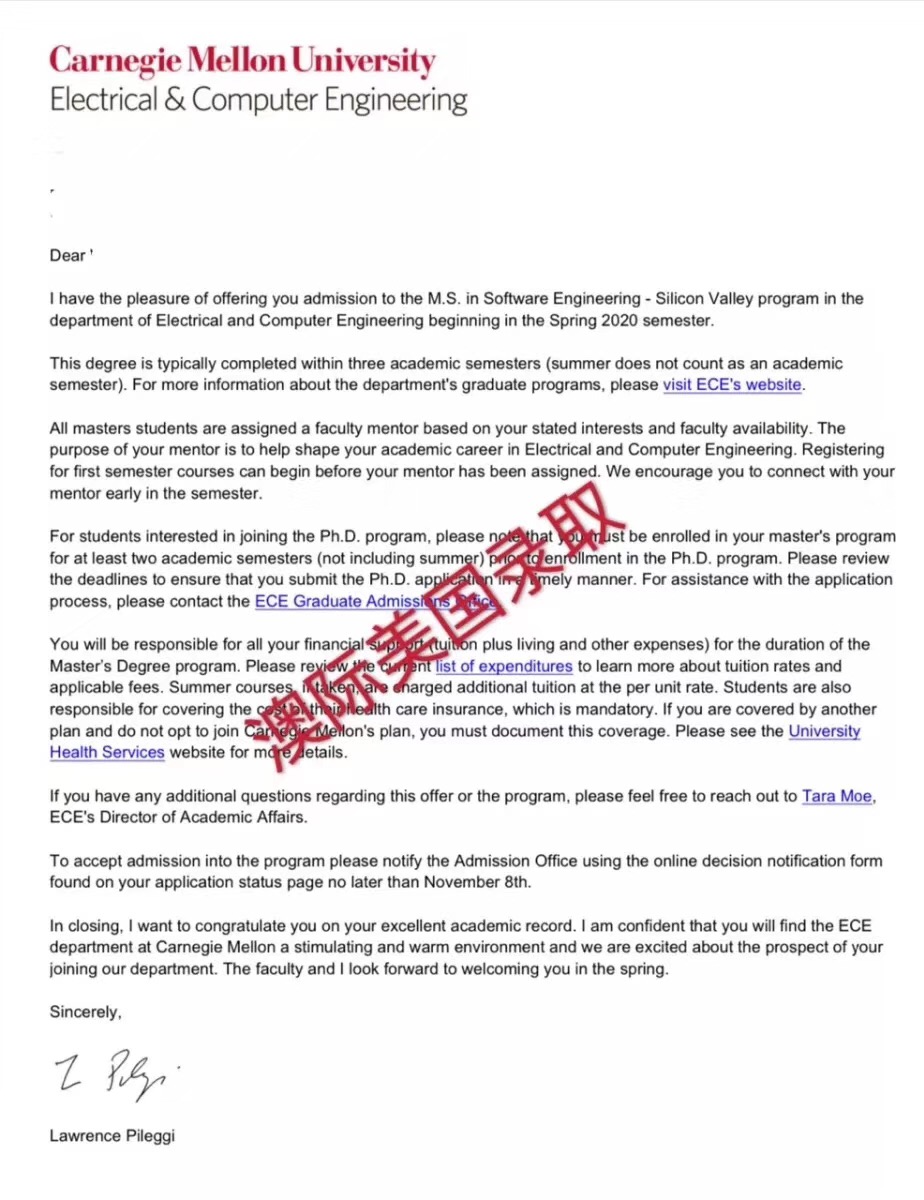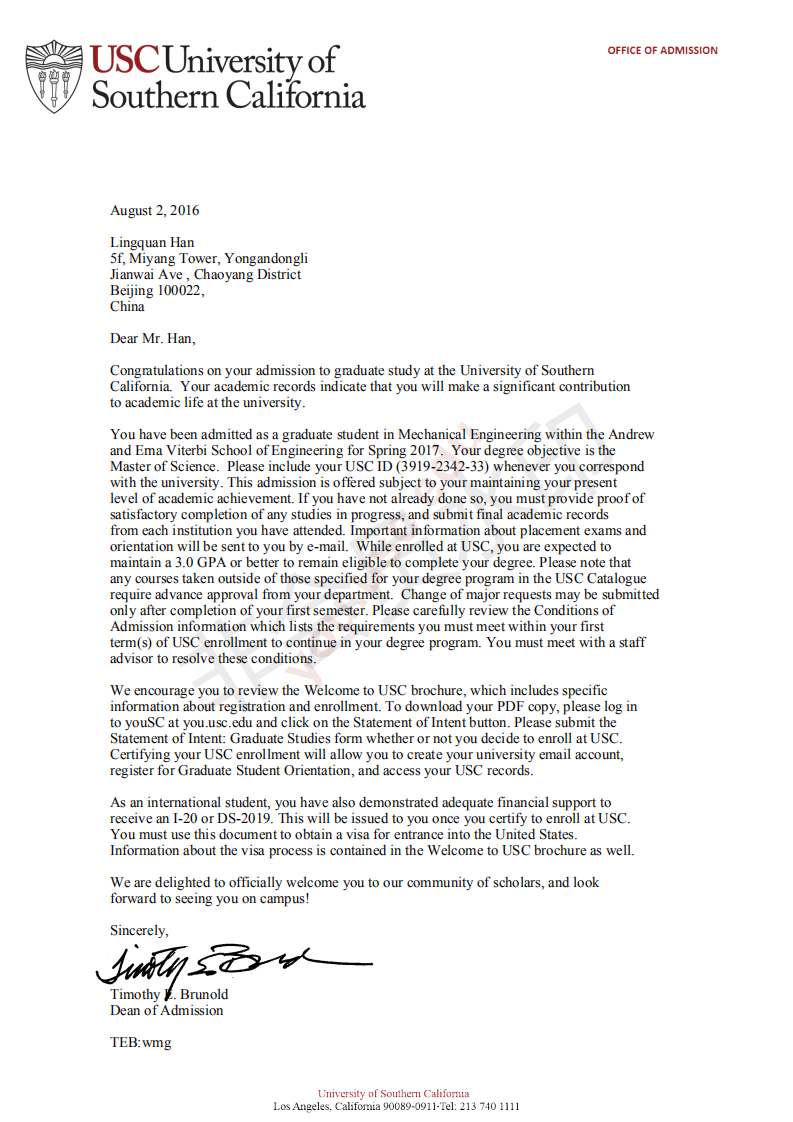SAT2美国历史词汇表: W.
2017-08-06 335阅读
大家一定要掌握关于SAT2美国历史的一些词汇,下面澳际小编为大家介绍以字母W开头的SAT2美国历史词汇表整理,词汇中涉及到了重要的历史事件、历史时期以及人物,非常全面,大家在复习SAT2美国历史时可以进行参考。
W
Wade-Davis Bill
Passed in July 1864. The Wade-Davis Bill set forth stringent requirements for Confederate states’ readmission to the Union. President Lincoln, who supported a more liberal Reconstruction policy, vetoed the Wade-Davis Bill by leaving it unsigned more than ten days after the adjournment of Congress.
Wagner Act
See the National Labor Relations Act.
War of 1812
Fought between the U.S. and Great Britain from 1812–14. Although it ended in stalemate with the Treaty of Ghent, the American public believed the U.S. had won the war after news spread of General Andrew Jackson’s decisive victory at the Battle of New Orleans, which occurred two weeks after the signing of the treaty. For years following this apparent victory, an ebullient spirit of nationalism and optimism pervaded America.
War Hawks
A group of westerners and southerners, led by John Calhoun and Henry Clay, who pushed for war against Britain. The War Hawks objected to Britain’s hostile policies against U.S. ships, including impressment and the seizure of shipping goods, and advocated fighting instead of submitting to such treatment. They also hoped that through war, the U.S. would win western, southwestern, and Canadian territories.
War Production Board
Created in 1942. The War Production Board oversaw the production of the thousands of planes, tanks, artillery pieces, and munitions that FDR requested once the U.S. entered the war. The board allocated scarce resources and shifted domestic production from civilian to military goods.
Earl Warren
Chi justice of the Supreme Court from 1953 to 1969. Warren’s liberal court made a number of important decisions, primarily in the realm of civil rights, including Brown v. Board of Education of Topeka in 1954.
Warsaw Pact
Signed in 1954 between the USSR and its Eastern European satellites—Albania, Bulgaria, Czechoslovakia, East Germany, Hungary, Poland, and Romania. The Warsaw Pact allowed the stationing of Soviet troops in each participating country. It was seen as the Soviet response to the formation of NATO.
George Washington
First president of the United States. Commander in chi of the Continental Army during the American Revolution, Washington led the Continentals to victory. He dined the role of the president by setting precedents—Washington intervened little in legislative affairs and concentrated mostly on diplomacy and finance. A Federalist, he supported Alexander Hamilton’s economic campaign. Washington officially resigned from office in 1796 after serving two terms in office, establishing an unofficial policy that presidents serve no more than two terms in office.
Booker T. Washington
An African American leader and the first principal of the Tuskegee Institute (1881). Washington adopted a moderate approach to addressing racism and segregation, urging his fellow African Americans to learn vocational skills and strive for gradual improvements in their social, political, and economic status.
Watergate
The name of a hotel in Washington, D.C. that has come to signify one of the greatest scandals in American history. On June 17, 1972, burglars broke into Democratic National Committee headquarters in the Watergate hotel to wiretap the phones. It was later discovered that these burglars had been employed by Nixon’s Committee to Re-elect the President (CREEP). In the ensuing investigation, it became clear that Nixon had known of the break-in and had participated in a cover-up attempt. Faced with near-certain impeachment, Nixon resigned the presidency on August 9, 1974.
Daniel Webster
One of the country’s leading statesmen in the first half of the nineteenth century. Webster was a Federalist lawyer from New Hampshire who won, most notably, the Dartmouth College v. Woodward (1819) and McCulloch v. Maryland (1819) Supreme Court cases. First elected to Congress in 1822, he became a powerful dender of northern interests, supporting the 1828 tariff and objecting to nullification. Webster opposed many of President Jackson’s policies and became a leader of the Whig Party. He was instrumental in negotiating the Compromise of 1850.
Whigs
During the Revolutionary War, the Whigs were colonists who supported the move for independence. In the mid-1830s, the Whigs arose in opposition to President Jackson. The party consisted of the core of the National Republican Party as well as some Northern Democrats who had dected in protest against Jackson’s strong-armed leadership style and policies. The Whigs promoted protective tariffs, federal funding for internal improvements, and other measures that strengthened the central government. Reaching its height of popularity in the 1830s, the party disappeared from the national political scene by the 1850s, when its Northern and Southern factions irrevocably split over the slavery issue.
Whiskey Rebellion
A July 1794 riot that broke out in western Pennsylvania in response to a high excise tax on whiskey initiated by Alexander Hamilton. In a show of national strength, President George Washington led a force of militiamen to crush the rebellion.
Walt Whitman
A writer and a disciple of transcendentalist Ralph Waldo Emerson. Whitman’s major work, Leaves of Grass (1855), celebrated America’s diversity and democracy.
Roger Williams
A dissenter who clashed with Massachusetts Puritans over the issue of separation of church and state. After being banished from Massachusetts in 1636, he traveled south, where he founded a colony in Rhode Island that granted full religious freedom to its inhabitants.
Wilmot Proviso
Proposed in 1846 bore the end of the Mexican War. The Wilmot Proviso stipulated that slavery be prohibited in any territory the U.S. gained from Mexico in the upcoming negotiations. The proviso passed in the House of Representatives due to strong support from the North, but stalled in the Senate.
Woodrow Wilson
Democrat, president from 1913 to 1921. An enthusiastic rormer, Wilson supported measures to limit corporate power, protect laborers, and aid poor farmers. In foreign relations, he advocated the principles of “new freedom,” encouraging democracy and capitalism worldwide. During the early years of World War I, Wilson struggled to preserve American neutrality. Once the U.S. entered the war, he charged ahead aggressively. Wilson’s key contributions to the war, beyond providing American forces, were the elucidation of his Fourteen Points and his advocacy of the League of Nations.
John Winthrop
Governor of Massachusetts Bay Colony. Winthrop was instrumental in forming the colony’s government and shaping its legislative policy. He envisioned the colony, centered in present-day Boston, as a “city upon a hill” from which Puritans would spread religious righteousness throughout the world.
Woman’s Christian Temperance Union (WCTU)
Founded in 1874. The WCTU worked alongside the Anti-Saloon League to push for prohibition. Notable activists included Susan B. Anthony and Frances Elizabeth Willard.
Women’s Strike for Equality
In August 1970, tens of thousands of women around the country held demonstrations to demand the right to equal employment and legal abortions. This coordinated fort was known as the Women’s Strike for Equality.
Worcester v. Georgia
Chi Justice John Marshall ruled in 1832 that the Cherokee tribe comprised a “domestic dependent nation” within Georgia and thus deserved protection from harassment—in this case, from forced migration out of Georgia. Known to be vehemently racist against Indians and eager to secure Native American land for U.S. settlement, Andrew Jackson rused to abide by the decision, reportedly sneering, “John Marshall has made his decision; now let him enforce it.” The Cherokee removal continued on unabated and as aggressively as ever.
Works Progress Administration (WPA)
Much of the $5 billion allocated to FDR by the Emergency Reli Allocation Act of 1935 went to the creation of the WPA. Over eight years, the WPA provided work for the unemployed of all backgrounds, from industrial engineers to authors and artists. Partially owing to WPA forts, unemployment fell by over 5 percent between 1935 and 1937.
Writs of assistance
Legalized by Parliament during the French and Indian War. Writs of assistance were general search warrants that allowed British customs officers to search any colonial building or ship that they believed might contain smuggled goods, even without probable cause for suspicion. The colonists considered the writs to be a grave infringement upon their personal liberties.
以上就是以字母W开头的SAT2美国历史词汇表整理介绍。接下来澳际小编还会连续为大家介绍其它SAT2考试词汇,希望大家持续关注。澳际小编祝大家都能取得优异的SAT2考试成绩!
SAT2美国历史词汇表: WSAT2美国历史词汇表:W(2)大家一定要掌握关于SAT2美国历史的一些词汇,下面澳际小编为大家介绍以字母W开头的SAT2美国历史词汇表整理,词汇中涉及到了重要的历史事件、历史时期以及人物,非常全面,大家在复习SAT2美国历史时可以进行参考。
W
Wade-Davis Bill
Passed in July 1864. The Wade-Davis Bill set forth stringent requirements for Confederate states’ readmission to the Union. President Lincoln, who supported a more liberal Reconstruction policy, vetoed the Wade-Davis Bill by leaving it unsigned more than ten days after the adjournment of Congress.
Wagner Act
See the National Labor Relations Act.
War of 1812
Fought between the U.S. and Great Britain from 1812–14. Although it ended in stalemate with the Treaty of Ghent, the American public believed the U.S. had won the war after news spread of General Andrew Jackson’s decisive victory at the Battle of New Orleans, which occurred two weeks after the signing of the treaty. For years following this apparent victory, an ebullient spirit of nationalism and optimism pervaded America.
War Hawks
A group of westerners and southerners, led by John Calhoun and Henry Clay, who pushed for war against Britain. The War Hawks objected to Britain’s hostile policies against U.S. ships, including impressment and the seizure of shipping goods, and advocated fighting instead of submitting to such treatment. They also hoped that through war, the U.S. would win western, southwestern, and Canadian territories.
War Production Board
Created in 1942. The War Production Board oversaw the production of the thousands of planes, tanks, artillery pieces, and munitions that FDR requested once the U.S. entered the war. The board allocated scarce resources and shifted domestic production from civilian to military goods.
Earl Warren
Chi justice of the Supreme Court from 1953 to 1969. Warren’s liberal court made a number of important decisions, primarily in the realm of civil rights, including Brown v. Board of Education of Topeka in 1954.
Warsaw Pact
Signed in 1954 between the USSR and its Eastern European satellites—Albania, Bulgaria, Czechoslovakia, East Germany, Hungary, Poland, and Romania. The Warsaw Pact allowed the stationing of Soviet troops in each participating country. It was seen as the Soviet response to the formation of NATO.
George Washington
First president of the United States. Commander in chi of the Continental Army during the American Revolution, Washington led the Continentals to victory. He dined the role of the president by setting precedents—Washington intervened little in legislative affairs and concentrated mostly on diplomacy and finance. A Federalist, he supported Alexander Hamilton’s economic campaign. Washington officially resigned from office in 1796 after serving two terms in office, establishing an unofficial policy that presidents serve no more than two terms in office.
Booker T. Washington
An African American leader and the first principal of the Tuskegee Institute (1881). Washington adopted a moderate approach to addressing racism and segregation, urging his fellow African Americans to learn vocational skills and strive for gradual improvements in their social, political, and economic status.
Watergate
The name of a hotel in Washington, D.C. that has come to signify one of the greatest scandals in American history. On June 17, 1972, burglars broke into Democratic National Committee headquarters in the Watergate hotel to wiretap the phones. It was later discovered that these burglars had been employed by Nixon’s Committee to Re-elect the President (CREEP). In the ensuing investigation, it became clear that Nixon had known of the break-in and had participated in a cover-up attempt. Faced with near-certain impeachment, Nixon resigned the presidency on August 9, 1974.
Daniel Webster
One of the country’s leading statesmen in the first half of the nineteenth century. Webster was a Federalist lawyer from New Hampshire who won, most notably, the Dartmouth College v. Woodward (1819) and McCulloch v. Maryland (1819) Supreme Court cases. First elected to Congress in 1822, he became a powerful dender of northern interests, supporting the 1828 tariff and objecting to nullification. Webster opposed many of President Jackson’s policies and became a leader of the Whig Party. He was instrumental in negotiating the Compromise of 1850.
Whigs
During the Revolutionary War, the Whigs were colonists who supported the move for independence. In the mid-1830s, the Whigs arose in opposition to President Jackson. The party consisted of the core of the National Republican Party as well as some Northern Democrats who had dected in protest against Jackson’s strong-armed leadership style and policies. The Whigs promoted protective tariffs, federal funding for internal improvements, and other measures that strengthened the central government. Reaching its height of popularity in the 1830s, the party disappeared from the national political scene by the 1850s, when its Northern and Southern factions irrevocably split over the slavery issue.
Whiskey Rebellion
A July 1794 riot that broke out in western Pennsylvania in response to a high excise tax on whiskey initiated by Alexander Hamilton. In a show of national strength, President George Washington led a force of militiamen to crush the rebellion. 上12下
共2页
阅读全文留学咨询
更多出国留学最新动态,敬请关注澳际教育手机端网站,并可拨打咨询热线:400-601-0022
留学热搜
相关推荐
- 专家推荐
- 成功案例
- 博文推荐

Copyright 2000 - 2020 北京澳际教育咨询有限公司
www.aoji.cn All Rights Reserved | 京ICP证050284号
总部地址:北京市东城区 灯市口大街33号 国中商业大厦2-3层









高国强 向我咨询
行业年龄 13年
成功案例 3471人
留学关乎到一个家庭的期望以及一个学生的未来,作为一名留学规划导师,我一直坚信最基本且最重要的品质是认真负责的态度。基于对学生和家长认真负责的原则,结合丰富的申请经验,更有效地帮助学生清晰未来发展方向,顺利进入理想院校。
陈瑶A 向我咨询
行业年龄 17年
成功案例 5146人
拥有大量高端成功案例。为美国哈佛大学、宾夕法尼亚大学等世界一流名校输送大批优秀人才。
齐亚楠 向我咨询
行业年龄 15年
成功案例 4070人
商科案例有哥伦比亚大学等,工科案例有麻省理工大学等,艺术案例有罗德岛大学等。
李君君 向我咨询
行业年龄 15年
成功案例 4157人
成功案例涉及美国排名前60的院校,专业涵盖商科(金融,会计,管理),工科(生物工程,化学工程,计算机科学,电气工程)等热门领域。